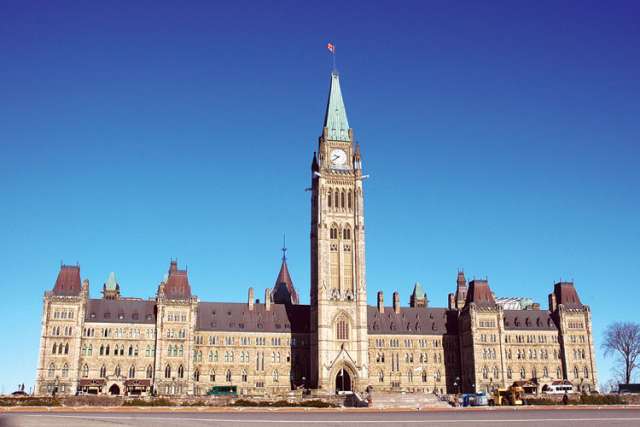In little more than a year, to cite a few examples, taxpayers have witnessed: spending scandals in Ottawa that shamed some senators and brought down the Prime Minister’s chief of staff; cynical abuses of public purses that sparked resignations of premiers in Alberta and Ontario; and shocking revelations that led to the sidelining of Toronto’s mayor and, in Montreal, the resignation of one scandalized mayor and the arrest of his replacement seven months later.
These are just the most prominent cases. Instances abound of elected figures and their unelected bureaucracies acting inappropriately, sometimes illegally, and trying to cover up their misdeeds. The scandals cross the country, but also cross party lines, age and gender. Perhaps it’s unfair to ethical politicians to call this an epidemic, but scandalous behaviour is too common and seems to be on the rise.
For law-abiding citizens who believe public office should reflect the best attributes of society, political malfeasance often breeds disengagement. Voter turnout at federal, provincial and municipal levels is at record lows in Canada. Many voters have declared a pox on all these political houses and retreated into a self-imposed political quarantine.
But although the inclination to turn away may be natural, it is wrong. A citizen’s duty is always to be engaged in civic life. That duty is particularly important in challenging times.
Pope Francis recently went a step further by suggesting all citizens bear some responsibility for the actions of their politicians. That’s because all of society is obligated to be engaged in civic life and then compel leaders to elevate the common good. Good Christians, he believes, should pray for bad politicians.
“None of us can say ‘I have nothing to do with this,’ “ the Pope said. “Politics, according to the social doctrine of the Church, is one of the highest forms of charity because it serves the common good. I cannot wash my hands, eh? We all have to give something!”
That “something” is, at minimum, involvement at election time through exercise of a moral obligation to become informed on the issues and personalities, and then to vote. Ideally, it also involves ongoing engagement in public life to help guide and encourage those we elect. Francis calls this “meddling” and says a good Catholic is always ready to meddle in politics. It is much better to meddle, he said, than to be someone who only denigrates leaders or mimics the media that is constantly “beating up” politicians.
So, yes, demand more from politicians, but also give more yourself.


